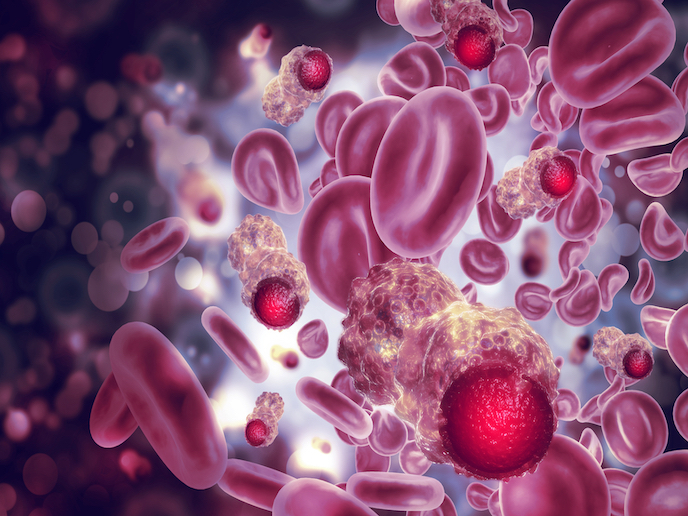DNA analysis: from food pathogens to GMO and border control
The EU-funded DECATHLON(opens in new window) (Development of cost efficient advanced DNA-based methods for specific traceability issues and high level on-site applications) consortium brought together a team of experts in molecular biology and bioinformatics. The project focused on the DNA-based methods in the areas of food pathogens, GMOs, particularly, unauthorised GMOs, and border control issues on tobacco and endangered species identification. In the area of food pathogens, researchers developed and optimised a methodology for the extraction of DNA directly from large volumes of food (minced meat or vegetables) for food pathogen characterisation. Comparative genomic analysis identified 47 new clinically relevant biomarkers. A multiplex polymerase chain reaction (PCR) method was developed to work with the new biomarkers including a portable disc device that might be used for on-site detection. In the field of GMO detection, the team developed and validated a PCR-based protocol for the identification and quantification of all EU-authorised GMO maize varieties. In addition, they developed an NGS approach of amplicon analysis for detection and identification of unknown GMOs. Finally, project members utilised real-time PCR assays for tobacco identification in mixed samples as a model for validation of its applicability in border control/custom issues. Researchers developed a bioinformatics pipeline and made it available for custom laboratories via user-friendly web-tools. The increasing demand for a more detailed identification of the composition of agricultural commodities and derived food and feed products requires new advanced methods for testing and analyses. In this respect, DNA-based methods for detection gain popularity as proven and accessible tools.







